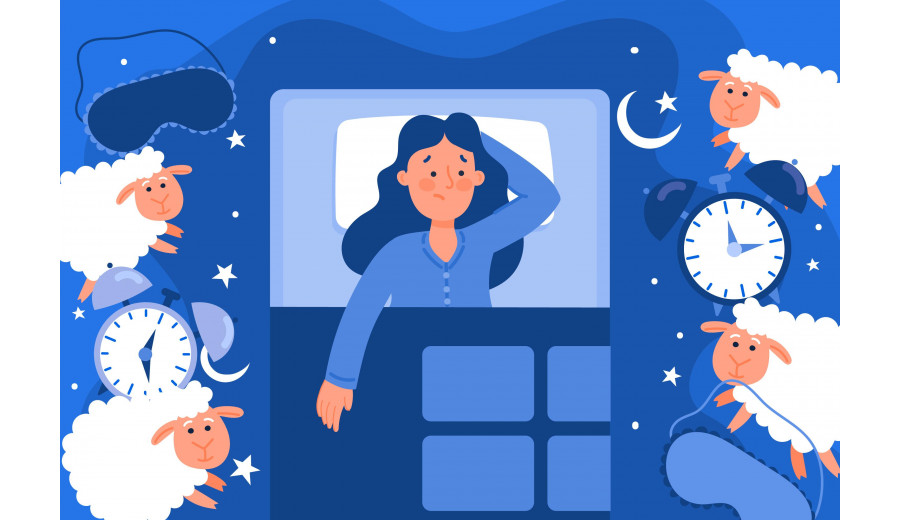Why Counting Sheep Doesn’t Work And What Does
You
slip into bed, hoping for a peaceful night. You’re tired, really tired. But the
moment your head hits the pillow, your brain decides it’s time for a midnight
meeting.
Thoughts race. Your heart thumps. Maybe you even get that sudden, unwelcome
burst of heat that has you tossing the covers off, only to pull them back up
when the chill sets in.
Sound
familiar? You’re not alone.
For many women in their 40s and early 50s, sleep becomes one of the first
casualties of perimenopause. And it’s not just about feeling a little groggy
the next day: poor sleep affects your mood, your memory, your waistline, and
even your long-term health.
Why
Sleep Gets Messy in Perimenopause
Hormones,
specifically estrogen and progesterone, play a big role in your ability to fall
and stay asleep. As they start fluctuating, they can trigger:
Night
sweats and hot flashes that jolt you awake.
Anxiety
or restlessness from low progesterone (your natural “calming” hormone).
Changes
in your body clock, making it harder to get deep, restorative sleep.
Add in
stress, busy schedules, and maybe a glass of wine (which seems like it will
help you relax but actually messes with your sleep cycles), and you have the
perfect recipe for tossing and turning.
Fresh,
Natural Ways to Sleep Better
If
counting sheep isn’t doing the trick, here are science-backed, gentle
strategies to help you reclaim your nights:
Cool
Your Core
Keep your bedroom between 60–67°F. Layer breathable bedding and wear
moisture-wicking pajamas. If night sweats hit hard, try a cooling pillow or a
fan near the bed.
Tame
the Mind Chatter
Gentle breathwork or progressive muscle relaxation before bed helps signal
safety to your nervous system. Even just five slow breaths can switch your body
into rest mode.
Support
Your Hormones Naturally
Foods rich in magnesium (leafy greens, pumpkin seeds, dark chocolate) and
phytoestrogens (flaxseed, lentils) can gently support hormonal balance.
Ditch
the Nightcap
Alcohol might help you fall asleep faster, but it fragments deep sleep and can
make night sweats worse. Swap it for a calming herbal tea like chamomile or
lemon balm.
Morning
Light Exposure
Getting outside within an hour of waking helps reset your internal clock,
improving melatonin production for deeper sleep later.
The
Takeaway
Insomnia
during perimenopause isn’t just “part of getting older”, it’s a signal from
your body that your hormones, nervous system, and lifestyle are out of sync.
With the right support, you can enjoy restful, energizing sleep again.
If you’re nodding
along because you’ve been living this sleep struggle, I’d love to help you get
to the root cause.
Join my private women’s wellness community for tips, live Q&As, and real
conversations about thriving in midlife. Or reach out to me directly for
personalized functional wellness coaching to help you sleep deeply, balance
your hormones, and wake up feeling like yourself again.


















